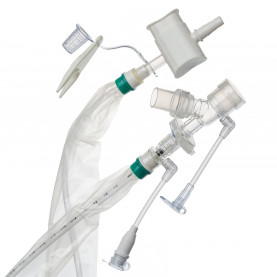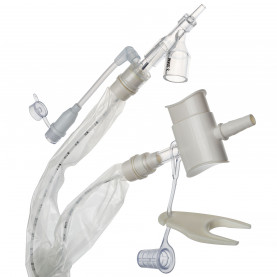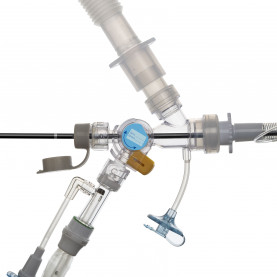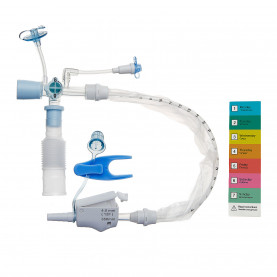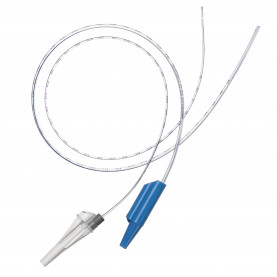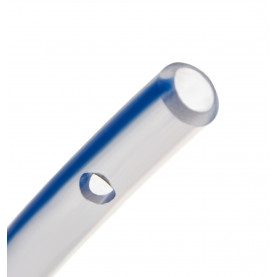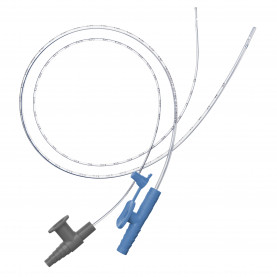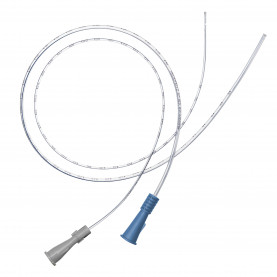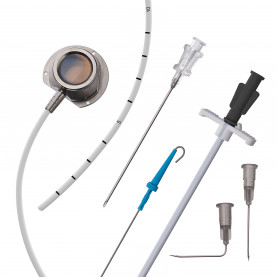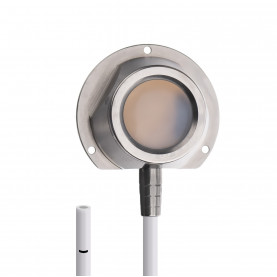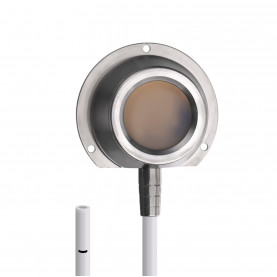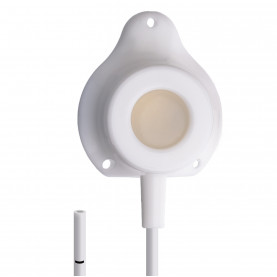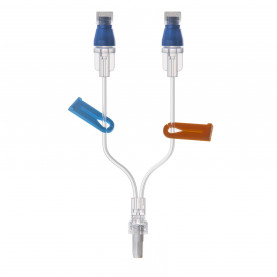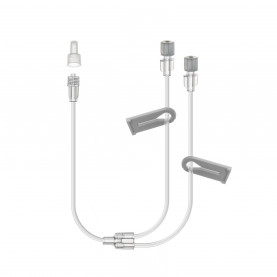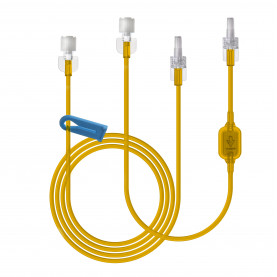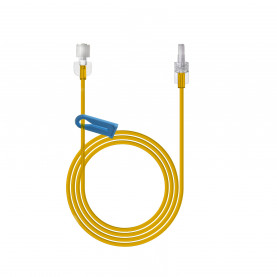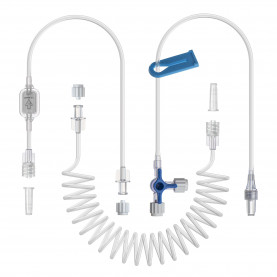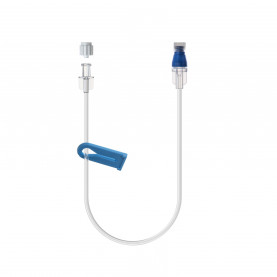Israeli startup develops blood pump to help treat heart failure
Magenta Medical, an Israeli developer of a miniaturized blood pump to help treat heart failure, has raised funds from investors led by venture capital firm New Enterprise Associates (NEA), a US-based VC firm.

Existing investors, including Pitango Venture Capital, JVC Investment Partners and a group of private investors led by Prof. Jacques Seguin, also took part in the round.
The financing will be used to advance the development of the company’s two products and support the startup toward its first FDA approval, the company said in a statement. The firm did not disclose the amount of funds raised and declined to provide photos of the products
“Magenta Medical is developing a very unique and potentially disruptive technology that should greatly advance the field of mechanical circulatory support,” said Dr. Tak Cheung, a principal at NEA. This is the first medical technology investment in Israel by NEA.
Heart failure is a global public health epidemic, a leading cause of hospitalization and death, and a major burden on the healthcare system, with over one million admissions each year in the US alone.
Magenta Medical’s technology aims to improve the outcomes of patients admitted with acute heart failure, whether they suffer from cardiogenic shock — a medical emergency resulting from inadequate blood flow due to a dysfunction of the ventricles of the heart — or from volume overload, when too large a volume of blood exists within one of the heart’s chambers.
Acute heart failure is a “family of clinical syndromes and presents an increasing treatment challenge to caregivers and clinical teams,” said Dr. David Israeli, CEO of Magenta Medical. “We believe that there has never been a more critical time to develop technologies that bring real and sustained benefits to patients suffering from heart failure.”
One of Magenta’s two products deals with the kidneys, since the kidneys and heart are physiologically linked. When a patient has acute heart failure with edema and volume overload, there is a salt and fluid imbalance that develops. The kidneys thus play a vital role in correcting this imbalance. The Transcatheter Renal Venous Decongestion System developed by the firm is inserted into the renal veins — the ones that drain the kidneys — and mechanically helps reduce the buildup in the kidneys by removing excess fluids and sodium. The device has been successfully tested in a human feasibility study and the company is working on a next-generation device.
The firm’s second product helps increase the blood output of the heart when the left ventricle, or the main chamber, of the heart fails to effectively deliver blood and oxygen to vital organs. Magenta’s device, the Left Ventricular Assist Device (pLVAD), is a miniaturized catheter-mounted arterial pump that moves blood from the left ventricle into the aorta, taking the pressure off the failing heart and allowing it to rest. The pump also provides the forward flow needed to circulate the blood around the body until recovery occurs.
Magenta Medical is NEA’s “first-ever medical technology investment in Israel, as it represents to us the pivotal role Israeli companies play in global life sciences innovation,” said Dr. Josh Makower, general partner and head of MedTech investing at NEA.
Magenta Medical was founded by entrepreneurs Prof. Ehud Schwammenthal and Yosi Tuval, who previously founded Ventor Technologies, a medical device company that was acquired by Medtronic for $325 million in 2009.
NEA invests in technology and healthcare companies at all stages in a company’s lifecycle, from seed stage through IPO.


